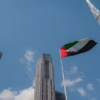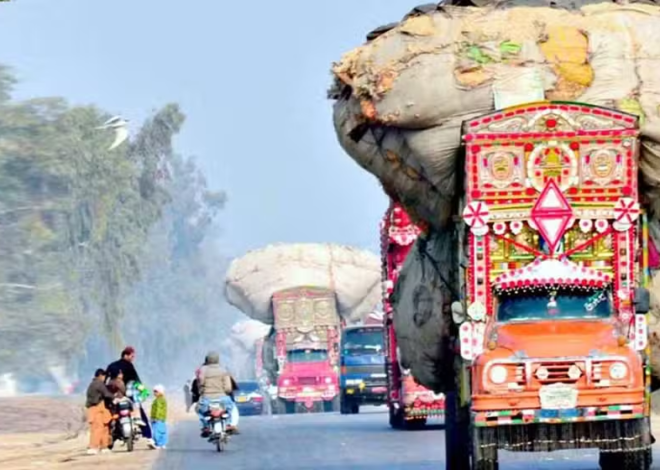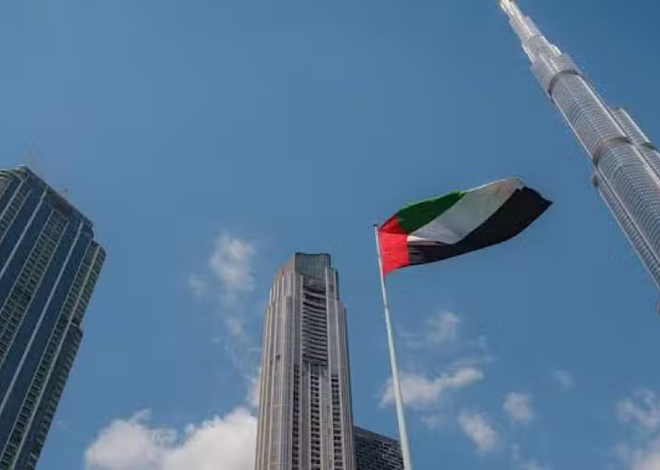
Pakistan PM, MBS Involvement Only Solution to Hajj Quota Issue, Say Officials
The Hajj quota issue, which has been a contentious matter between Pakistan and Saudi Arabia in recent years, continues to cause significant concern among both pilgrims and officials. The annual pilgrimage to Mecca is one of the five pillars of Islam and holds great religious significance for millions of Muslims around the world, particularly in Pakistan, which has one of the largest Muslim populations. However, the allocation of Hajj quotas – the number of pilgrims allowed to travel each year – has been the source of numerous disputes, with many arguing that Pakistan has not been granted an adequate number of slots for its citizens. As the situation becomes increasingly tense, officials from both countries have pointed to the involvement of Prime Minister (PM) Shehbaz Sharif and Saudi Crown Prince Mohammed bin Salman (MBS) as the only viable solution to resolve the issue.
The dispute regarding the Hajj quota began to gain attention several years ago, as the number of Pakistani Muslims wishing to perform Hajj steadily increased. Pakistan’s annual Hajj quota, granted by the Kingdom of Saudi Arabia, was not seen as sufficient to accommodate the growing demand. In 2023, the issue became particularly prominent, with many Pakistani officials and religious leaders voicing dissatisfaction over the limitations placed on the number of pilgrims allowed to travel for the sacred event. The limitations, they argue, do not reflect the significant number of Muslims in Pakistan who wish to perform the pilgrimage and do not take into account the nation’s religious, cultural, and economic ties to Saudi Arabia.
Saudi Arabia allocates Hajj quotas to countries based on their population and historical agreements. While Pakistan has traditionally been allocated a large number of slots, the recent years have seen fluctuations in the exact number of pilgrims allowed. The disparity between the demand and the number of slots has led to frustration and even protests among Pakistani Muslims, who have long viewed the Hajj as a vital spiritual journey. Furthermore, there have been concerns that the high costs associated with the pilgrimage, particularly in light of inflation and economic difficulties, are making it increasingly difficult for ordinary Pakistanis to afford the journey.
The Pakistani government has consistently raised the issue with Saudi authorities, urging them to increase the country’s annual quota to better meet the demand. However, these efforts have often fallen short of producing concrete results, leading officials to conclude that the involvement of higher-level leadership is necessary to resolve the issue effectively. According to diplomatic sources and officials within the Pakistani government, the only way to address the Hajj quota issue on a permanent basis is for Prime Minister Shehbaz Sharif to engage directly with Saudi Crown Prince Mohammed bin Salman (MBS), who holds significant authority over Saudi Arabia’s decisions related to the pilgrimage.
Officials argue that the involvement of PM Sharif and MBS would ensure that the matter is handled at the highest diplomatic level and would demonstrate the importance both nations place on the Hajj pilgrimage and their deep religious and cultural connections. The leadership of both countries, they assert, is crucial in making strategic decisions that balance the needs of the people with the logistical and economic realities of managing such a large-scale religious event.
Prime Minister Shehbaz Sharif, in his recent statements, acknowledged the importance of the issue and vowed to take up the matter with the Saudi leadership during upcoming visits and meetings. He emphasized that the resolution of the Hajj quota issue would not only allow more Pakistanis to perform the sacred pilgrimage but would also strengthen the diplomatic ties between Pakistan and Saudi Arabia. Pakistan’s relationship with Saudi Arabia has long been rooted in shared religious values, as well as strategic and economic partnerships. Both countries, which have historically supported each other in times of need, recognize the significance of Hajj as a major religious and cultural undertaking, and resolving this issue would be a testament to their enduring friendship.
For Saudi Arabia, Crown Prince Mohammed bin Salman’s leadership has ushered in a new era of economic and political reform, and the Kingdom has been increasingly keen to position itself as a global leader in various domains, including religious tourism. Saudi officials have expressed a commitment to ensuring that the Hajj pilgrimage is accessible to Muslims from around the world, but the rising number of pilgrims and the capacity of Mecca’s infrastructure present challenges. In light of this, MBS’s direct involvement could help find a balanced solution that addresses both the demand from Pakistan and the logistical constraints faced by Saudi Arabia.
Diplomatic observers suggest that negotiations between PM Sharif and MBS could lead to a mutually beneficial solution, one that takes into account both the religious importance of Hajj for Pakistan and Saudi Arabia’s need to manage the event in a way that preserves its sanctity and capacity. These talks may also address concerns about the increasing costs of Hajj and explore ways to alleviate financial burdens on Pakistani pilgrims, such as subsidies or reduced travel fees.
In conclusion, the issue of the Hajj quota remains a significant point of contention for Pakistan, but officials are hopeful that the involvement of Prime Minister Shehbaz Sharif and Saudi Crown Prince Mohammed bin Salman will pave the way for a resolution. By engaging at the highest levels, both leaders have the opportunity to reaffirm the strong relationship between their countries and ensure that the sacred pilgrimage can continue to be accessible for Pakistan’s large Muslim population. The outcome of this engagement could set a positive precedent for future cooperation between Pakistan and Saudi Arabia, highlighting the importance of diplomacy in resolving complex issues affecting the Muslim world.







